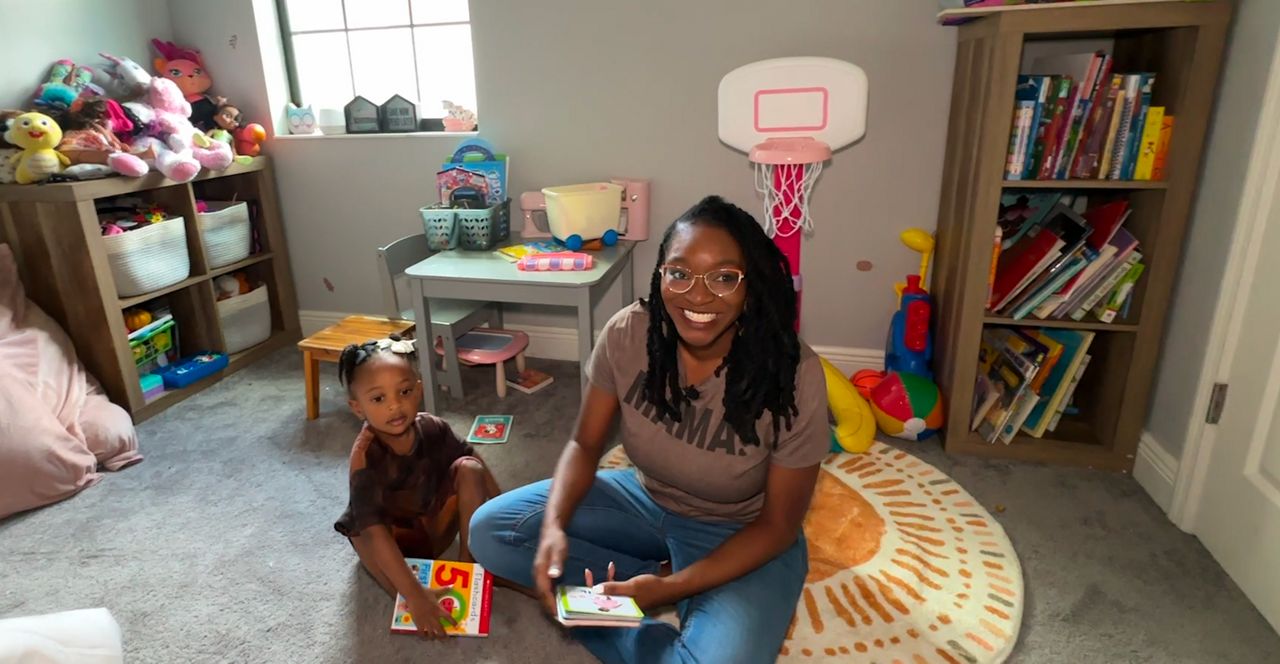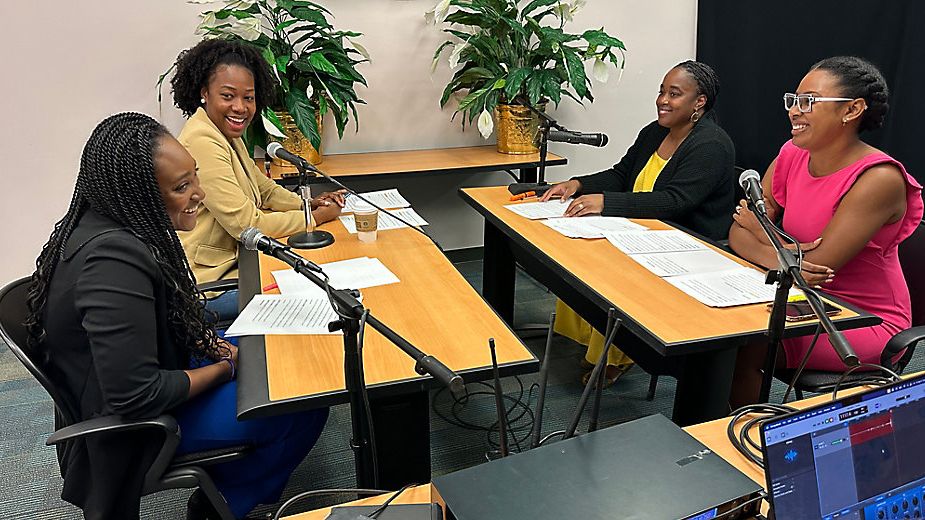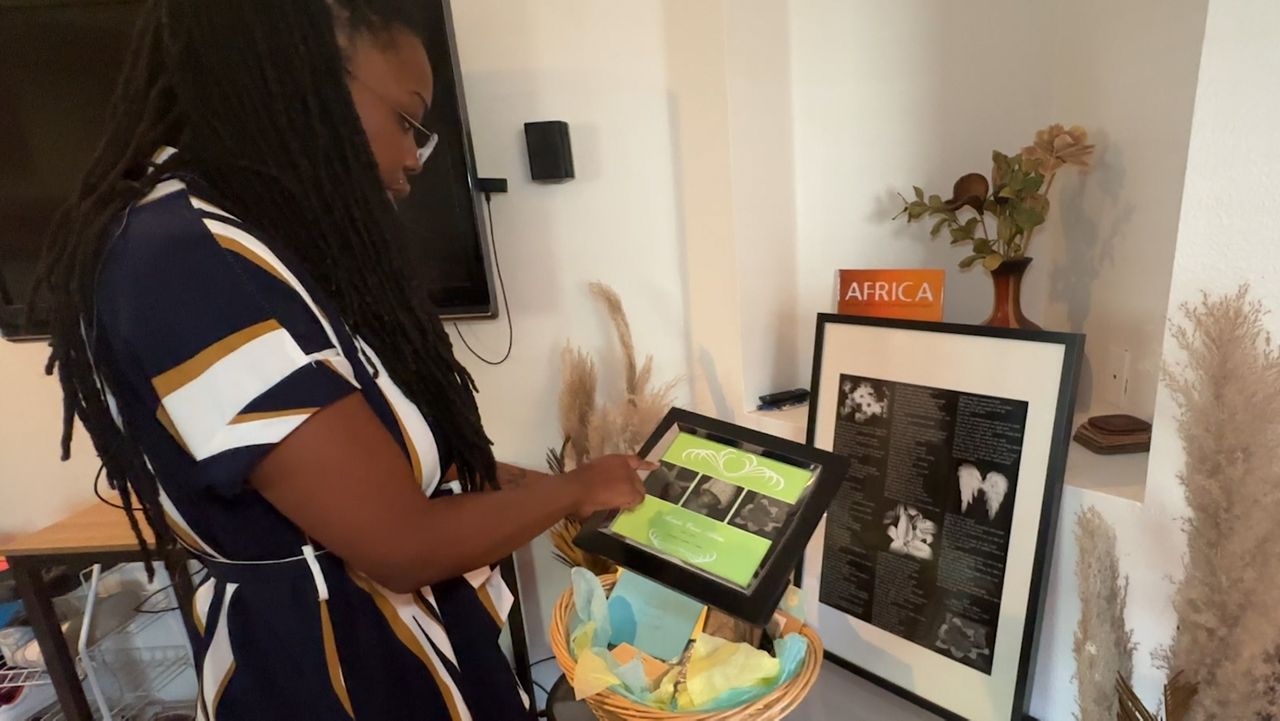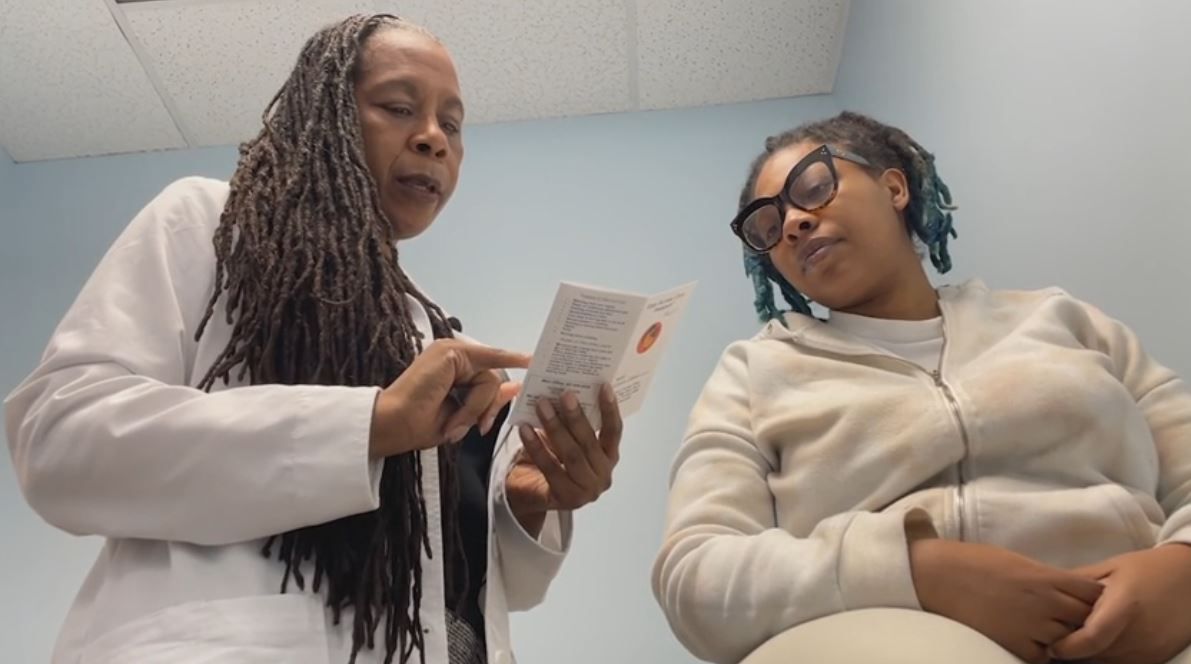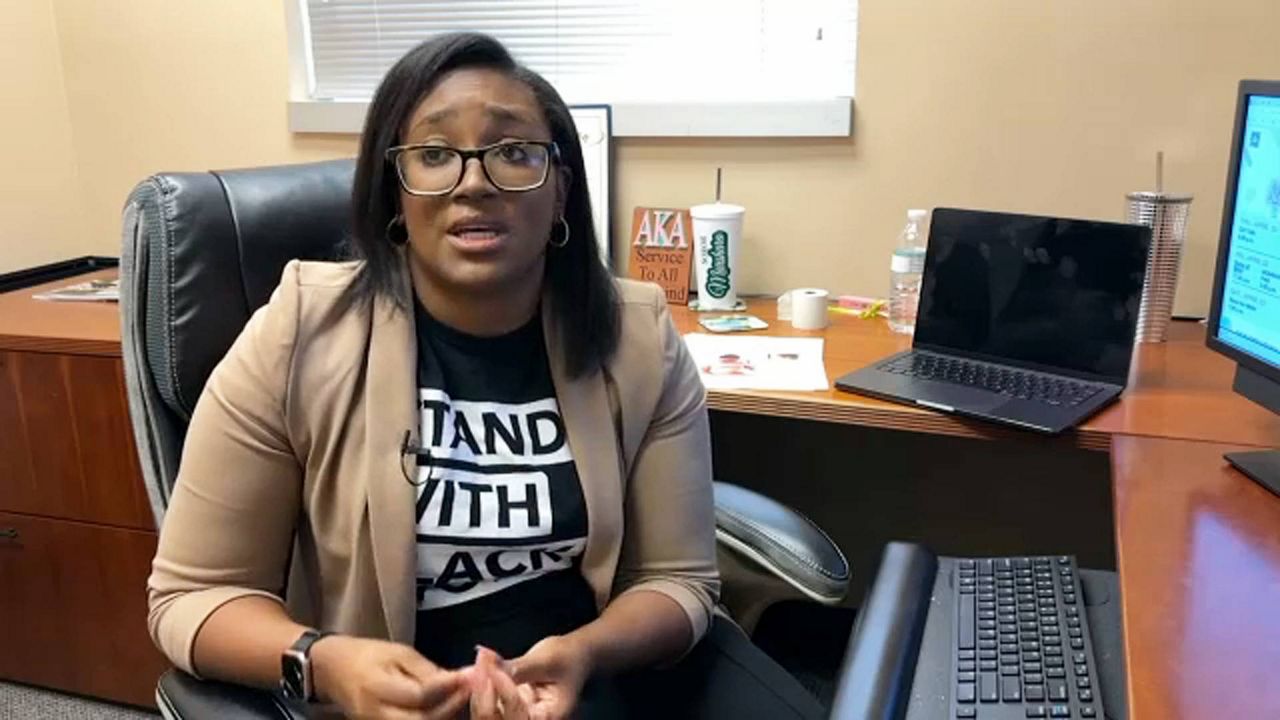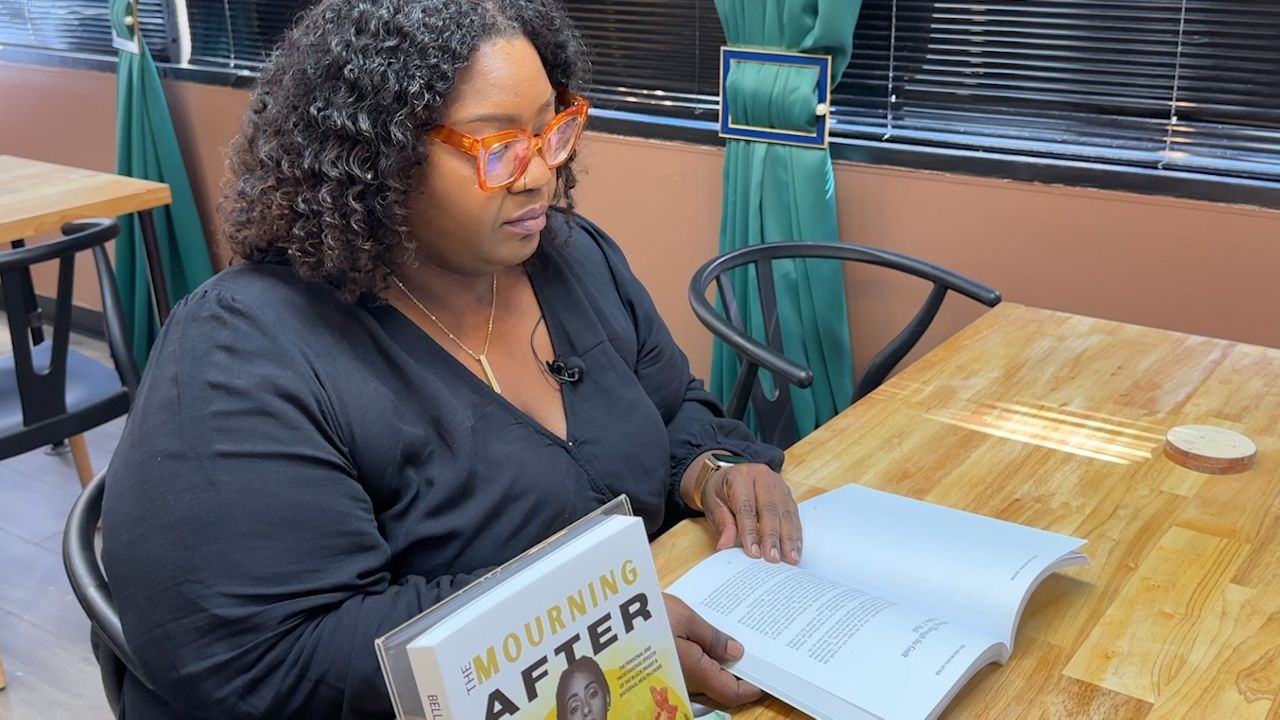TAMPA, Fla. — Black Maternal Week wraps up April 17, but the work continues, especially in the Tampa Bay area.
Hospitals like USF Health and Tampa General Hospital are highlighting the programs they’re using to try to combat the deadly maternal health crisis.
It’s a crisis that hits close to home for Jasmine Burkes. She lost a child four years ago.
“He passed away at 5:32 in the morning. So that was the last feed for me, but I didn’t know that his last breath was his last burp,” Burkes said. “I didn’t know that, so I put him back in the crib and went to sleep at five in the morning. So, when I got up at eight in the morning, my two-year-old was like, 'Mommy, Kino is cold.'”
She said the delivery for her son, Kino, in 2021 was traumatic.
“It was a lot that went wrong that I felt like I didn’t have any control over,” Burkes said.
First, she said her water broke. Then, when she got to the hospital, she was told she was dilated enough for an epidural, but she wasn’t. She said she developed an extreme headache and had to be placed into a medically induced coma for five days. Once she woke up, she delivered her son.
“I had my baby at 27 weeks,” she said. “He was two pounds even. NICU 86 days. He came home from the NICU (for) two weeks. One day, he had got RSV, and he passed away due to RSV and pneumonia.”
Then came the grief.
"I never was able to kind of talk about it because it’s a feeling that you just really can’t explain if you never lost a child,” Burkes said.
Sadly, it’s the kind of loss that impacts communities disproportionality. According to the National Institutes of Health, Black mothers and Black infants are three times more likely to die during or right after childbirth.
Lakita Edwards Glass is a certified nurse midwife with Tampa General Hospital and USF Health, where they’re working to reduce the infant mortality rates and maternal mortality rates for Black mothers and infants.
One of the main causes for infants is prematurity and for mothers, cardiovascular issues.
“I think one of the things that is great here is that we have a staff here that is about 1/3 African American," Glass said. "So, at all of our locations for prenatal care, there is a Black midwife available for them. We also have the Mama Care Rising program, which is a telehealth program to support them throughout their prenatal care.”
Edwards Glass said representation is important and so are the other programs they offer. Midwife and doula services are also an option for mothers-to-be.
Burkes said she’s thankful she learned about those programs last year when she got pregnant with her now four-month-old son, Kashmere.
“It’s always the rainbow after the storm,” she said.




